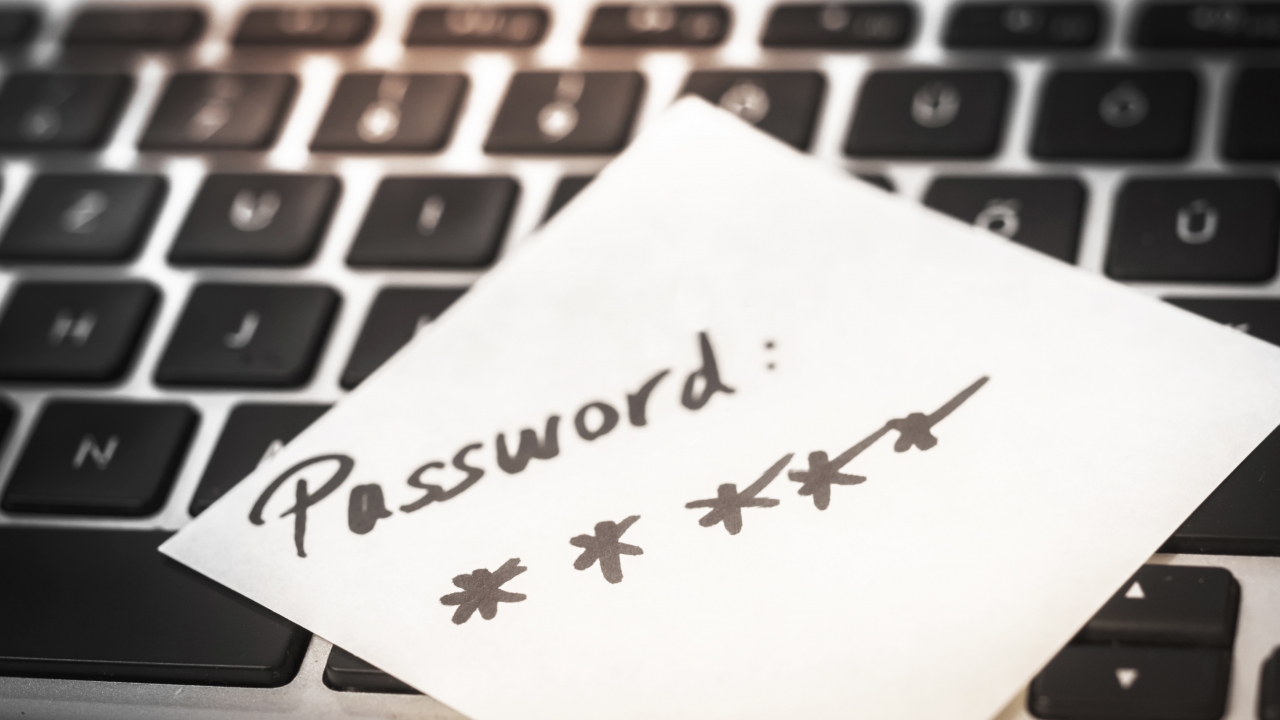
Most Americans are not planning to shop on Black Friday
Although most Americans say Black Friday shopping is not for them, many say they'll shop on Cyber Monday.
LEARN MOREBillions of private records have been exposed by data breaches in recent years, a statistic that makes having a strong password even more important.


25 million U.S. students use diesel-powered school buses daily, prompting debates on cleaner alternatives.

The British military earlier said there had been a suspected drone attack and explosions in the Red Sea, without elaborating.

While the details of what led to the knife attack are still unclear, police said they believe the suspect and victims were all family members.

40% of engagements take place between Thanksgiving and Valentine's Day, according to industry experts.

CBP officials say the Tucson area, including Nogales, is already seeing the highest number of migrants coming into the country.

25 million U.S. students use diesel-powered school buses daily, prompting debates on cleaner alternatives.